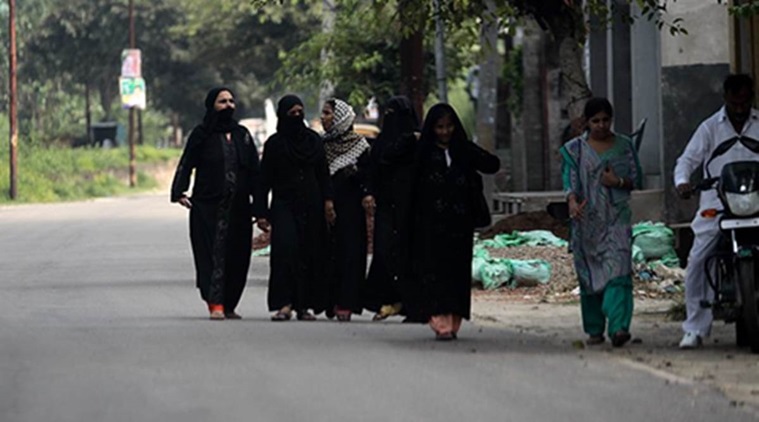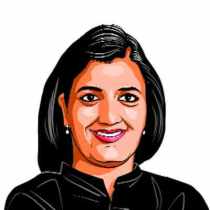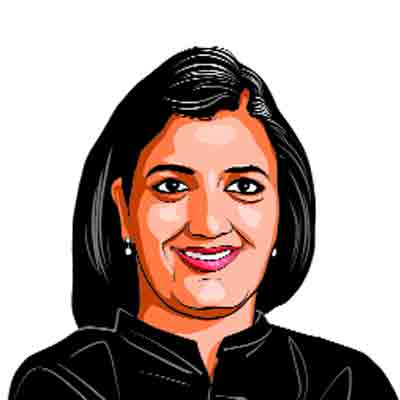In Bad Faith: One year after the triple talaq ruling, SC verdict is debated for the wrong reasons
The government tried to garner the support of Muslim women to criminalise Muslim men. This has led to dangerous polarisations among Muslims, and further impeded the issue.

The government’s paradoxical positions on women’s rights have anyway roused suspicion among women’s rights groups. (Representational Image)
A year after we cheered the Supreme Court judgment (August 22, 2017) that invalidated triple talaq in India, 32-year-old Shagufta from Ratnagiri is running around to fight the triple talaq that her husband pronounced. Abandoned and without entitlements, Shagufta finally chose to seek relief via the Protection of Women from Domestic Violence Act 2005. For lakhs of Muslim women in the country, life after the ban and the Muslim Women (Protection of Rights on Marriage) Bill 2017 has meant confusion about their legal recourse.
Yet, the ruling party has been flaunting the ban and bill as “their” victory. This is so despite there being no Standing Committee to review the Bill and no sight of the promised guidelines. Its rushed attempt to pass the Bill without any discussions or consensus in the Rajya Sabha on the last day of the monsoon session has only unmasked the government’s real intentions.
This past year has seen developments that expose many other self-styled spokespersons of Muslim women, even as they pit them against each other. First, the fundamentalists. They have used this year for a nationwide campaign to whitewash the flaws of the personal law — so they can preserve the Shariat, not women’s dignity. The All India Muslim Personal Law Board (AIMPLB) had even promised a social boycott of men who resort to triple talaq and a modern nikahnama, but none of this has materialised so far. Instead, they have increasingly leveraged Islamophobic rhetoric and attacks on Muslims by Hindutva groups to justify their fight for Shariat, not against mob lynchings.
They projected Muslim women as the face of their “Shariat Bachao” (Preserve the Shariat) campaign. Having directed all their efforts to monger fear and build anxiety around saving Islam and Shariat, they alienated and distressed Muslim women who fought against the practice of triple talaq — Ishrat Jahan, Shayara Bano, Nida Khan — to the extent that they joined the ruling party. Never have they demanded the implementation of the Sachar committee recommendations as painstakingly as they have campaigned for the Shariat.
On the other hand, the government tried to garner the support of Muslim women to criminalise Muslim men. This has led to dangerous polarisations among Muslims, and further impeded the issue. The government’s paradoxical positions on women’s rights have anyway roused suspicion among women’s rights groups. Public campaigns such as Beti Bachao have been used to project the ruling party as the messiah of marginalised girls and women. However, a closer reading reveals that they are actually weakening the position of female survivors of violence.
Why else would they decriminalise the much-needed Section 498A of the IPC, the legal weapon that protects women from domestic violence, dowry and other often-hidden form of abuse? On the other hand, for the Muslim Women (Protection of Rights on Marriage) Bill 2017, they contradict themselves by arguing for criminalisation of the husband’s role without addressing the wife’s entitlements.
The Law Commission has a big role to play in these circumstances but has sadly not lived up to the expectations. Its earlier survey on the Uniform Civil Code and now the reported 72,000 submissions it has received must be publicly discussed. Although they host consultations, these Delhi-centric conversations tend to exclude groups and individuals from other parts of the country.
Other public figures who have weighed in on the debate have rallied behind shariat courts as possible alternate dispute resolution (ADR) fora that can help beat the tardiness of civil courts. The idea behind the establishment of ADRs was to solve familial and civil disputes. In reality, they have bred misogyny and are run by patriarchal clerics who do not believe in women’s rights, their autonomy and choices. They try to silence and dissuade women from approaching the courts. In fact, the AIMPLB and the Tanta Mukt Samiti (village-based dispute resolution committees) have also tried to suppress issues faced by Muslim women to supposedly protect the community and its faith.
Even a year after the ban, it is dismal times for Muslim women. Muslim men are being routinely lynched, majoritarian politics continues to be anti-minority and minority politics has been reduced to being anti-women.
Nandy is an author, and Khan is founder member, Bebaak Collective, and a petitioner in the Supreme Court case on triple talaq.
For all the latest Opinion News, download Indian Express App
More From Amrita Nandy
- Not so holy smokeEnvironmentally unsound rituals, like carbon-heavy cremations, still continue..
- Because Father CaresManeka Gandhi’s reservations on paternity leave are based on gender stereotypes...
- The Work Women DoThe McKinsey report makes an economic case for gender parity. It’s problematic...








































No hay comentarios:
Publicar un comentario